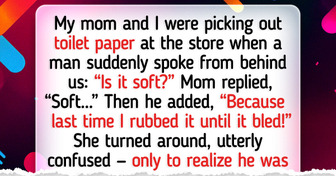What You See First Reveals Something Powerful About You

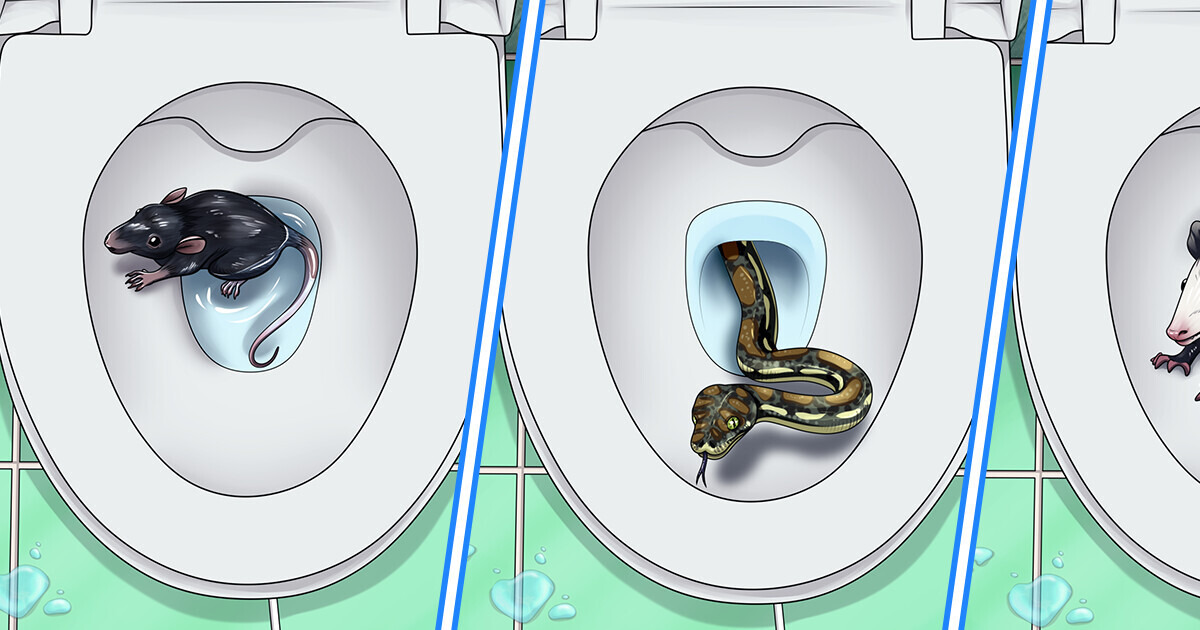
There are so many pests that live outside and can’t wait to find the perfect moment to enter your home. From tiny ants to larger snakes, there is always an opportunity for them to intrude when you least expect them to. It could be the smallest hole or crack anywhere in your house that could prompt them to enter. That’s why it’s important to keep your house sealed and fully protected.
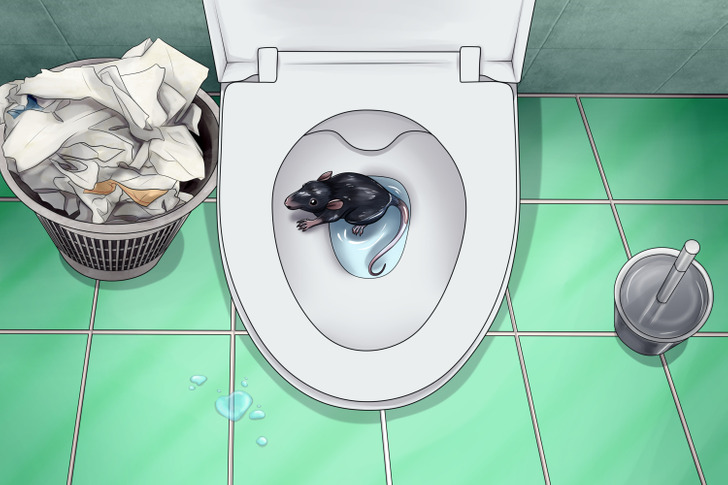
The first sign that mice or rats have entered your walls is hearing noises or tiny footsteps late at night. These rodents are also known to chew on electrical cords and insulation, which is another clear indication of their presence. Additionally, chewed food packages or droppings around the house are telltale signs. Mice can easily navigate your home, and if you notice even a single dropping, it's likely that many more are living nearby.
What to do: First, ensure there are no holes or cracks in the exterior of your home. If you have ivy on your walls, you might need to remove it, as rodents can use it to climb into your home. The main advice is to keep your home clean and dispose of all trash properly. Dirt and the smell of garbage are major attractants for mice and rats.

Snakes are drawn to cool, wet, and dark places, making toilet pipes particularly enticing for them. Their initial attraction, however, is the sewer, which contains food remnants they can consume. After feeding in the sewer, they seek an exit, and the pipes provide the easiest and quickest route. Fortunately, if you live in a cold environment, you have little to fear, as snakes typically appear in toilets only in warm countries.
It’s usually harmless snakes, such as garden or tree snakes, that crawl through the pipes. These snakes are slimmer than venomous ones, allowing them to fit through the narrow pipes. However, there have been instances where larger snakes, like anacondas, have appeared in people’s toilets in South America and Australia.
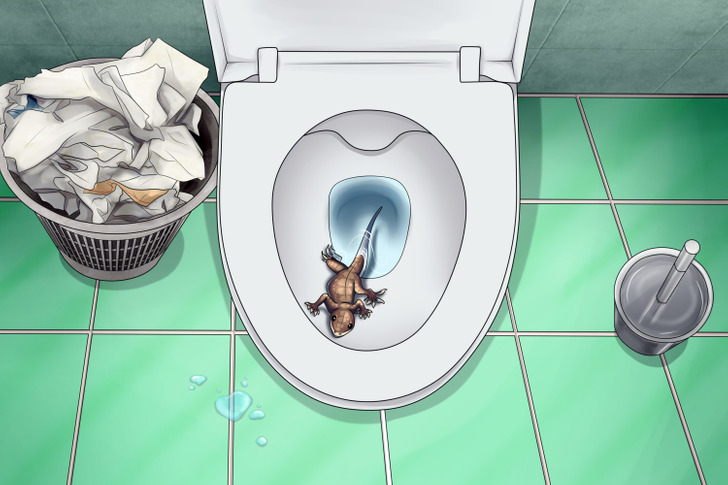
In the Southwest United States, encountering lizards coming through toilet pipes is quite common. These creatures are drawn to water and will seek out food wherever they can find it. If the plumbing isn't kept clean, crickets and other insects, like flies, can accumulate in the toilet's plumbing system. The lizards that manage to enter through the pipes are typically small enough to fit through them.
With spiders, the situation is a bit more complex. While they can't swim through your pipes, they can enter your bathroom through other passages. Once inside, they often sit outside the toilet seat. However, only black widows are known to crawl inside toilets and weave webs from side to side.
This typically occurs in outdoor toilets without plumbing or sewer connections, where these venomous spiders thrive due to the abundance of flies for food. Therefore, it’s essential to check the seat thoroughly before using an outhouse toilet. Venomous spiders like the black widow, brown recluse, and hobo spider can bite without difficulty.
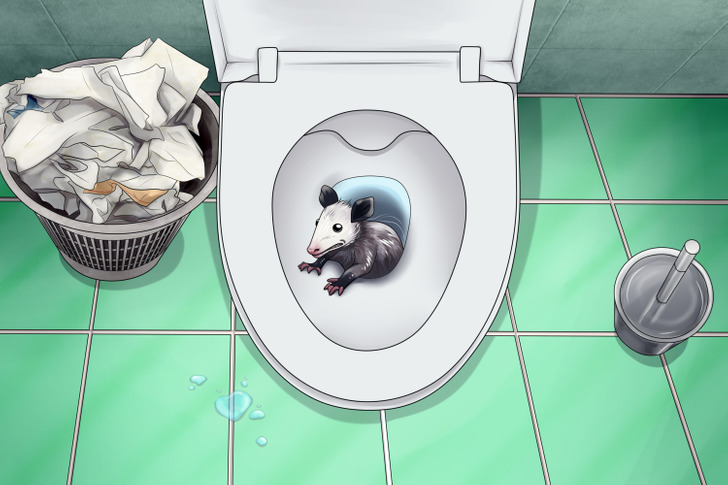
Opossums gain entry into houses by climbing, so it's important to inspect the exterior of your home for potential entry points, including the roof. They are also known for their loud vocalizations, often hissing and shrieking, which can make their presence quite noticeable. If trapped inside, they may resort to scratching walls in an attempt to escape. Once outside, they are likely to target your pet's food. Additionally, the smell of their feces can be quite unpleasant, serving as a clear indicator of an opossum infestation.
To prevent opossums from entering your home, begin by conducting regular inspections of your house. You can also fix any gaps or holes that could be entry points for them. Your vents might also need to be covered with a mesh covering. If opossums still manage to get inside, it's best to contact professionals to handle the issue safely and effectively.
These slippery little creatures can also make their way into your bathroom uninvited. In 2020, there was a mass toilet invasion in the UK, which was attributed to frogspawn laid in the sewage system. Additionally, frogs are sometimes thought to enter houses through vent pipes.
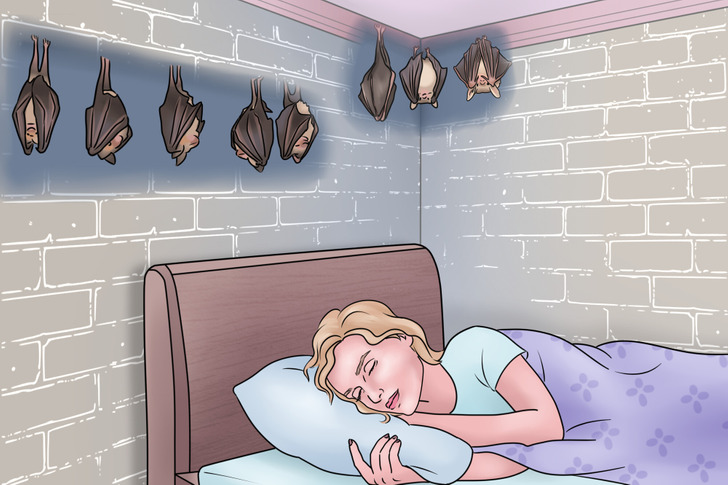
Bats are nocturnal creatures, active outside during the night and resting during the day. If you hear them in your walls, it will typically be right before dusk as they prepare to leave for their nightly activities. However, you're likely to hear them only if you have a significant infestation, as just a few bats won't generate noticeable noise. While they're often drawn to cool attics, they may also find their way into your walls.
To deter bats, illuminate areas where they might attempt to rest with bright lights, as they dislike light and will try to avoid it. However, if they have already taken up residence in your walls, this approach may prove challenging. In such cases, seeking professional assistance may be your best option. Be aware that professionals may need to cut open the wall to remove the bat infestation effectively.
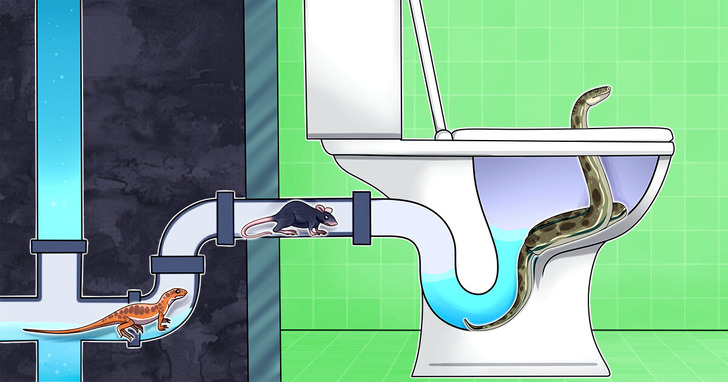
Speaking of hygiene, don't miss our other article where we shared tips about showering that will change your daily routine.




